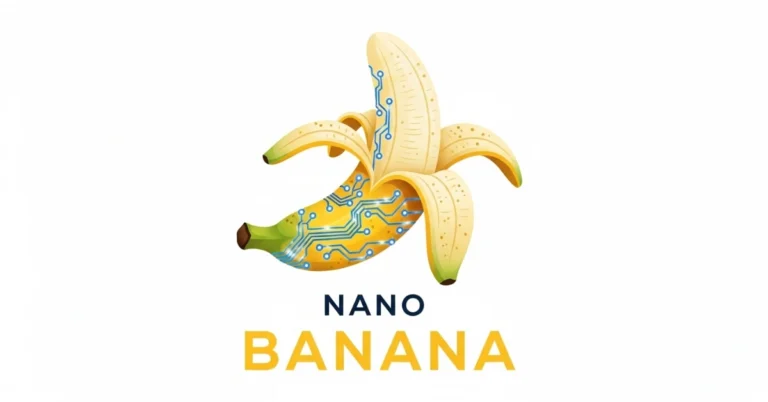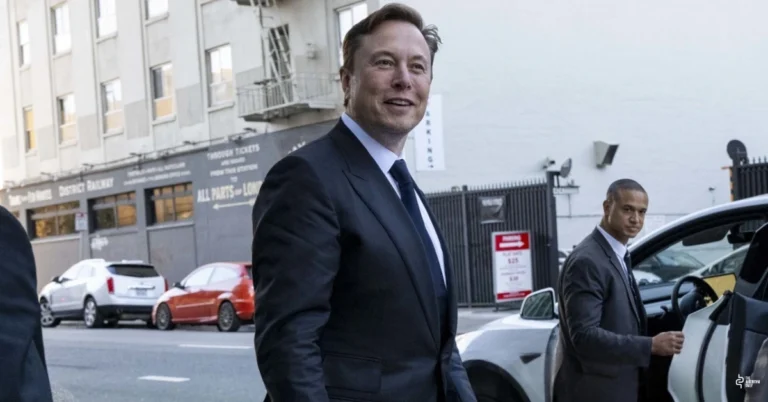OpenAI has signalled interest in acquiring Google’s Chrome browser if antitrust regulators force Google to sell the popular software. This statement was made during Google’s ongoing antitrust trial in Washington, where the U.S. Department of Justice is seeking to break up Google’s dominance in online search. Nick Turley, ChatGPT’s head of product, said at the trial that owning Chrome would help OpenAI deliver a better product, as search remains essential for keeping AI-generated responses accurate and current.
During his testimony, Turley explained that OpenAI previously tried to form a partnership with Google, hoping to integrate its search technology into ChatGPT. Google declined, saying it did not want to increase competition. As a result, ChatGPT continues to rely on Microsoft’s Bing for up-to-date information. Turley noted that giving rivals access to Google’s search data would help improve AI tools and encourage competition in the search and AI market.
The trial also revealed that Google has a history of exclusive agreements with device makers and carriers, like Samsung and Verizon, ensuring its search engine is the default option. However, the company recently relaxed some of these deals, allowing other search engines to be pre-installed. Google argues that these changes address competition concerns, but the Department of Justice is pushing for stricter measures, including a ban on payments for default search placement.
Meanwhile, OpenAI has reportedly been exploring the possibility of developing its own web browser to rival Chrome. The company has hired former Google developers Ben Godger and Darm Fisher who worked on Chrome’s original project, suggesting that OpenAI is preparing for a future where it competes directly with Google, not only in AI but also in how people access the web.
This report highlights the growing overlap between the search and AI industries. As AI companies like OpenAI seek greater control over the channels people use to access information, the outcome of the antitrust case could shape the next era of competition between Big Tech and AI startups.
📲 Get the latest Tech & Startup News on our WhatsApp Channel
👉 Join Now



